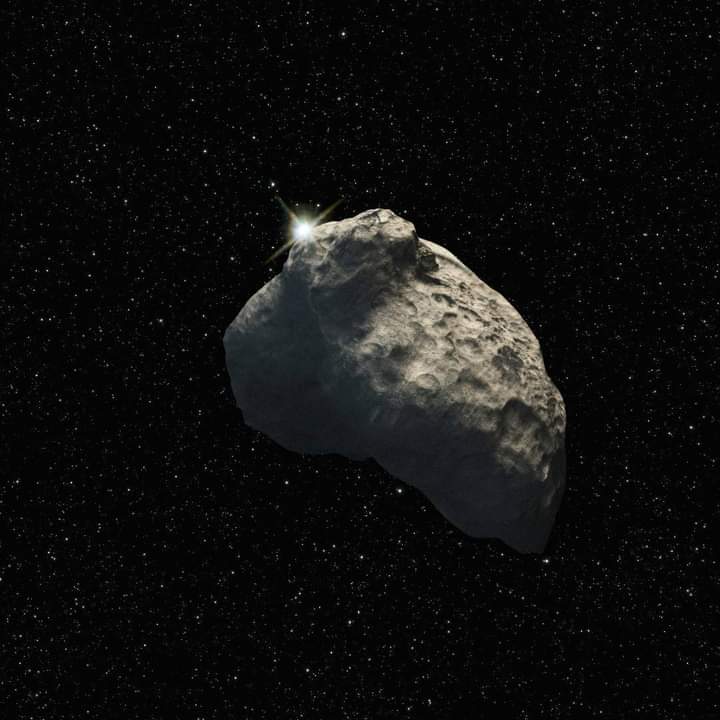A giant asteroid will be making its way past Earth tonight, and if your skies are clear, you’ll be able to spot the rare event.
Astronomers at the South African observatory spotted the space rock called 2024 MK about two weeks ago. Because it has an estimated diameter between 390 and 885 feet and will be coming so close to Earth, they labeled it a “potentially dangerous” asteroid. But don’t worry, it will not be coming close enough to be a true threat.
However, an asteroid that size only passes the planet that closely every 25 years or so. So watching it zoom by is a memorable experience. If you grab a telescope or pair of binoculars, you may be able to see it from your backyard.
“We’re going to see a few of those during our lifetimes,” NASA asteroid expert Davide Farnocchia told CBS News. “But it’s not something that happens every other day.”
x
Astronomers at the South African observatory spotted the space rock called 2024 MK about two weeks ago. Because it has an estimated diameter between 390 and 885 feet and will be coming so close to Earth, they labeled it a “potentially dangerous” asteroid. But don’t worry, it will not be coming close enough to be a true threat.
However, an asteroid that size only passes the planet that closely every 25 years or so. So watching it zoom by is a memorable experience. If you grab a telescope or pair of binoculars, you may be able to see it from your backyard.
“We’re going to see a few of those during our lifetimes,” NASA asteroid expert Davide Farnocchia told CBS News. “But it’s not something that happens every other day.”
Watch The 2024 MK From You Backyard Or On Live Stream
2024 MK technically made its closest pass by this morning when it came nearly three-quarters the distance from Earth to the moon. But for people living in the United States, tonight will offer the best chance of spotting it.
Once the sun goes down, you can start watching for the asteroid, which will look extremely bright, even compared to the stars. According to astrophysicist Gianluca Masi, it will be one of the brightest space objects seen in recent history.
If you don’t have the patience to watch the skies, you can also catch the asteroid via live stream here starting at 5:00 PM ET.
You can find the source of this story’s featured image here.



